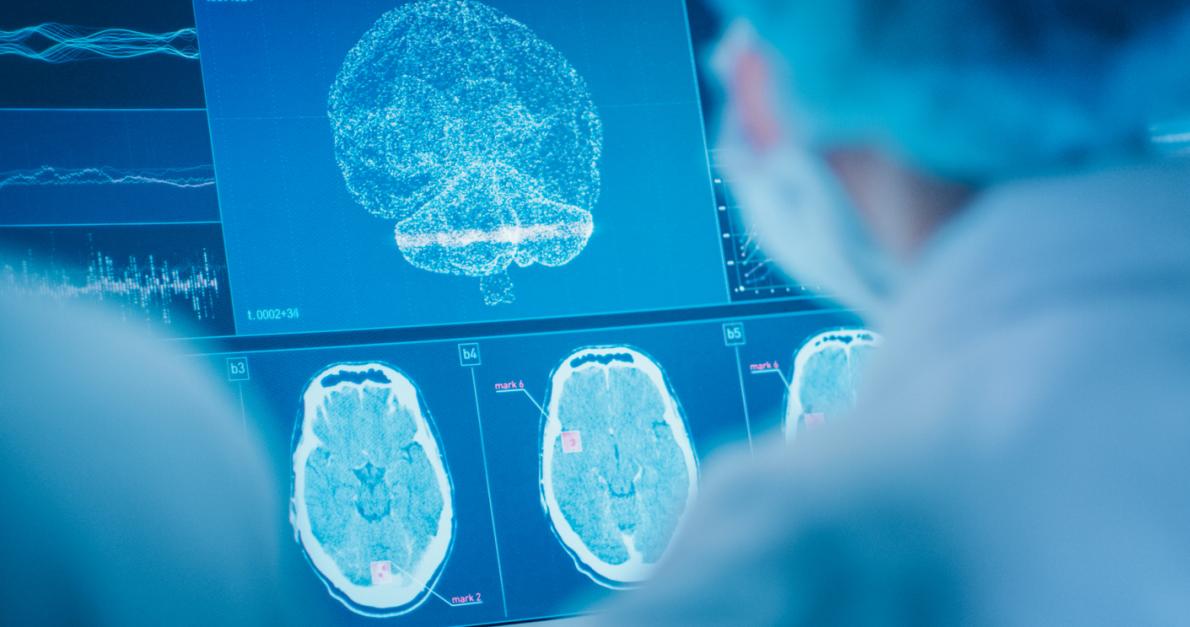Left Brain vs Right Brain: Why Brain Tumor Location Matters

When you’re diagnosed with a brain tumor, one of the most important factors that can influence your brain tumor treatment and recovery is the location of the tumor in your brain. The brain is divided into two main halves—the left brain and the right brain—each responsible for different functions. Where the tumor is located can have a huge impact on what symptoms you experience, how your treatment plan is designed, and your overall prognosis.
In this article, we’ll dive into the role that left brain vs right brain location plays in determining the cognitive, emotional, and physical effects of brain tumors.

Understanding Left Brain and Right Brain Functions
What Does the Left Side of the Brain Control?
The left hemisphere is often thought of as the “logical” side of the brain. It handles critical functions like:
- Analytical thinking
- Language processing (speech, reading, writing)
- Mathematical abilities
- Logic and reasoning
It also controls the right side of your body, meaning that if you have motor issues or weakness on the right side, the left side of your brain may be involved.
What Does the Right Side of the Brain Control?
In contrast, the right hemisphere is associated with more creative and visual functions. It’s responsible for:
- Creativity and artistic skills
- Spatial awareness (understanding the space around you)
- Facial recognition
- Emotional processing
The right side controls the left side of the body, so if you experience issues with movement or perception on the left side, your right brain may be at play.
Symptoms of a Brain Tumor Based on Location
Symptoms of a brain tumor can vary depending on its location and brain tumor red flags. Tumors can develop in any of the brain's lobes, and each lobe has specific functions.
Keep in mind that many symptoms related to raised intracranial pressure (ICP) can be caused by other medical conditions. If you're experiencing any of these symptoms, it doesn’t necessarily mean you have a brain tumor, but it's important to consult with a healthcare provider for an accurate diagnosis.
The following is a breakdown of possible symptoms based on where a tumor is located:
Frontal Lobe Tumors
Frontal lobe brain tumors can occur in either the left or right brain. These tumors may cause difficulty with:
- Concentrating or focusing attention
- Speaking or communicating
- Controlling emotions and behavior
- Executive functions (decision-making, problem-solving, planning)
- Learning and remembering new information
- Lack of inhibition (e.g., inappropriate comments or laughing at inappropriate times)
- Social cognition, impulse control, and sexual behavior
- Weakness on the opposite side of the body from the tumor
- Loss of smell
Temporal Lobe Tumors
When a tumor is located in the temporal lobe and can occur in the right or left brain. These tumors may cause difficulty with:
- Hearing or speaking
- Identifying and categorizing objects
- Learning new information
- Correctly recognizing emotions in others
- Memory loss
- Seizures or blackouts
- Sensations of strange smells
Parietal Lobe Tumors
Parietal lobe can occur in either the left or right side of the brain. These tumors may cause difficulty with:
- Integrating sensory information (touch, vision, hearing, smell, taste)
- Recognizing faces or objects
- Coordinating movements
- Spatial awareness (judging distances and hand-eye coordination)
- Speaking, understanding words, writing, and reading
- Numbness on the opposite side of the body from the tumor
Occipital Lobe Tumors
Occipital lobe tumors may lead to:
- Difficulty with vision (e.g., identifying objects or colors)
- Loss of vision on one side of the body
How Brain Tumor Location Affects Cognition and Motor Skills
The location of a tumor plays a key role in which cognitive and motor abilities are impacted. Below is a breakdown of how tumors in the left and right hemispheres influence brain functions:
Left Hemisphere Tumors
- Language Impairments: Aphasia (difficulty speaking, reading, or understanding language)
- Motor Impairments: Weakness, lack of coordination, and paralysis on the right side of the body
Right Hemisphere Tumors
- Spatial and Emotional Changes: Difficulty with spatial orientation, visual perception, and recognizing faces; emotional lability (mood swings)
- Motor Impairments: Weakness, balance issues, and fine motor difficulties on the left side of the body
Tumor Size and Cognitive Impact
Tumor size also influences the degree of cognitive and motor impairments:
- Larger tumors tend to exert more pressure on surrounding brain areas, leading to widespread impairments.
- Smaller tumors often cause more localized issues, affecting specific brain functions tied to their location.
Emotional and Behavioral Changes
Brain tumors, particularly those in the frontal lobes, can lead to emotional and behavioral shifts, including:
- Personality changes: Social withdrawal, inappropriate behaviors
- Emotional lability: Sudden, uncontrollable bursts of laughter or crying
Discover the Best Brain Cancer Center Near You
At the Preston Robert Tisch Brain Tumor Center, we offer comprehensive diagnosis and treatment for all types of brain tumors. Whether your tumor is located in the left brain or right brain, our team of experts is here to guide you through every step of the process.
At the Preston Robert Tisch Brain Tumor Center, we are the leaders in brain cancer treatment, research, and exclusive clinical trials. Our unparalleled expertise and compassionate care make us the top choice for those seeking the best possible outcomes.
Visit our office located in Durham, NC, and trust your journey to the forefront of brain tumor care. Contact us today for personalized and cutting-edge solutions.
Explore our blog to learn more:
- Best Clinic for Brain Tumor Treatment
- How Does Brain Cancer Affect Everyday Life?
- What to Avoid After Brain Surgery
FAQ: Commonly Asked Questions About Brain Tumor Location
1. In what part of the brain is the tumor most likely located?
Brain tumors can occur in any part of the brain, but common locations include the frontal lobe, temporal lobe, and occipital lobe.
2. What part of the brain does a brain tumor affect?
A brain tumor can affect any part of the brain, leading to various symptoms depending on the area impacted, such as language difficulties or motor impairment.
3. What part of the brain are glioblastomas located in?
Glioblastomas are often found in the frontal lobe or temporal lobe, though they can appear anywhere in the brain.
4. Where are most brain tumor headaches located?
Brain tumor headaches are typically located in the frontal or parietal regions but can vary depending on the tumor's location.
5. What are the symptoms of a brain tumor on the right side?
Symptoms of a tumor on the right side of the brain can include right side brain tumor symptoms like difficulty with visual processing, spatial orientation, and recognizing faces.